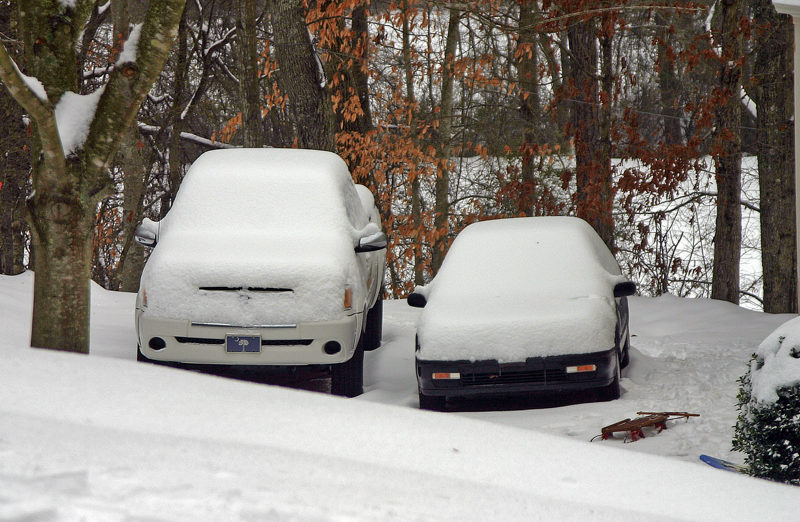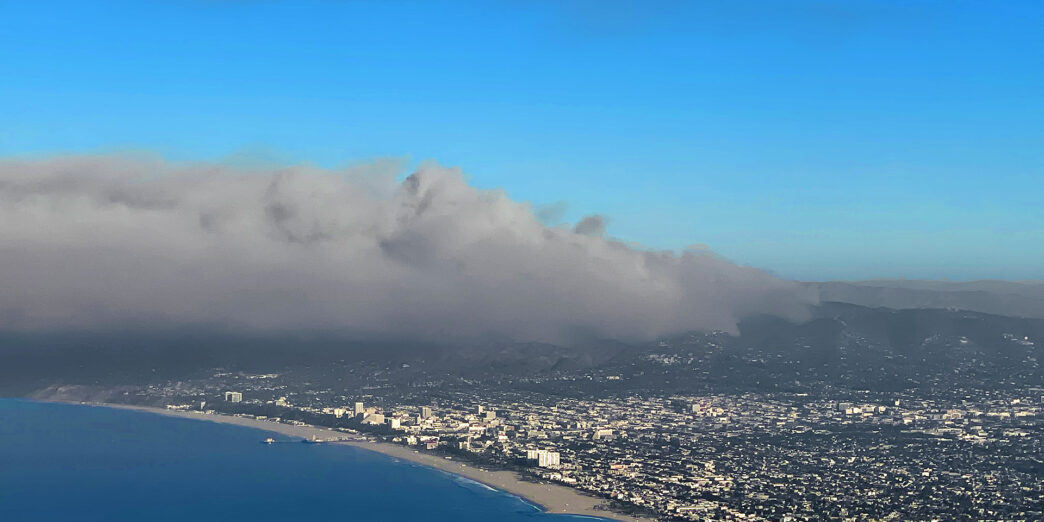Tropical Cyclone Alfred to Affect Eastern Australia: March 2025 Travel Alert
This will be the first cyclone to cross the southern coast of Queensland in approximately 50 years.
This will be the first cyclone to cross the southern coast of Queensland in approximately 50 years.
We repeat again: weather or not you can find what is wrong is not what matters. Having fun matters.
Snow what else is new?
The good news is that spring is arriving next month.
Dozens of airports are affected by this winter weather.
At least ten airlines have issued travel waivers.
The weather has been really flaky lately.
Many existing travel waivers have been extended as well.
This time, I will likely be affected, as I am scheduled to travel.
Find out how you can help.
Join our mailing list to receive the latest news and updates from our team.









